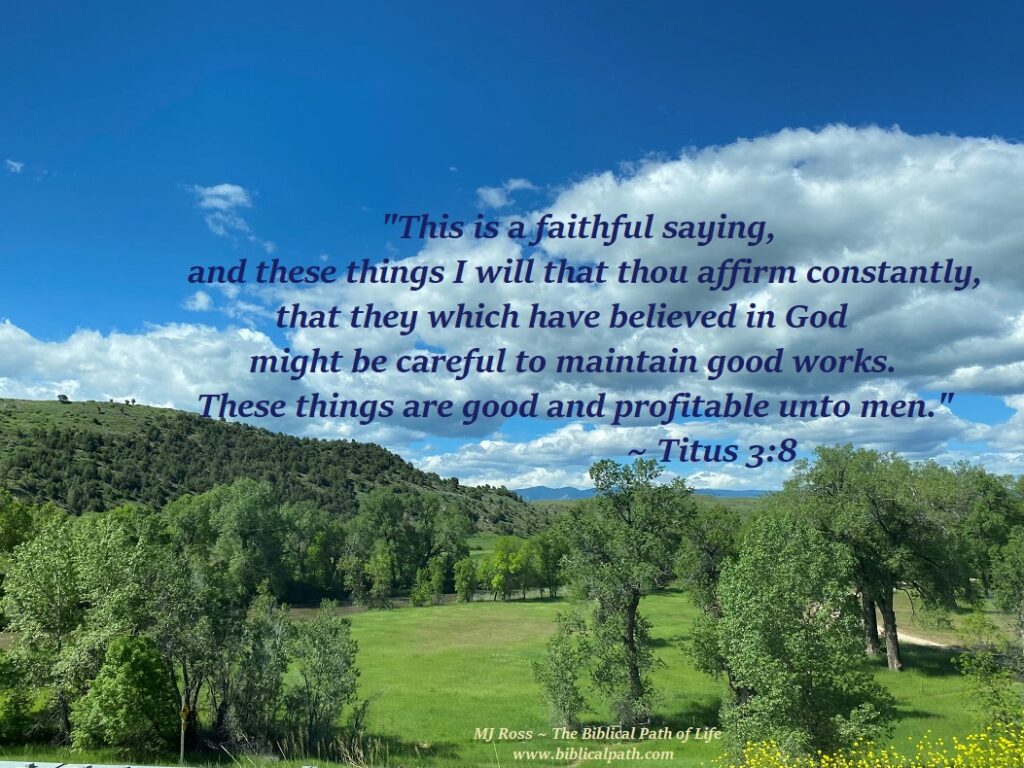
“But God hath chosen the foolish things of the world to confound the wise; and God hath chosen the weak things of the world to confound the things which are mighty.”
1 Corinthians 1:27
The enemies were oppressing God’s people. The Midianites, Amelekites, and others came up against the Israelites. Israel became greatly impoverished because of this (see Judges 6:1-6). The Israelites cried unto the Lord. God sent words of encouragement, but He did much more than that. He sent one to deliver them from their enemies. This deliverer, Gideon, was one of the judges.
Gideon was an Israelite who hid in those days of trouble. He was threshing wheat, hiding it from the Midianites. “And the angel of the LORD appeared unto him, and said unto him, The LORD is with thee, thou mighty man of valour” (Judges 6:12). Did Gideon, who was hiding, sound like a mighty man of valor? Gideon was then told to go and save Israel from the Midianites – for God was sending him. Nevertheless, read how Gideon saw himself. “And he said unto him, Oh my Lord, wherewith shall I save Israel? behold, my family is poor in Manasseh, and I am the least in my father’s house” (Judges 6:15). Gideon did not see himself as one who could do what God had asked of him. However, read the following encouraging words: “And the LORD said unto him, Surely I will be with thee, and thou shalt smite the Midianites as one man” (Judges 6:16). Most people remember how great of a victory Gideon had over the Midianites with an army of only 300 men. “And he divided the three hundred men into three companies, and he put a trumpet in every man’s hand, with empty pitchers, and lamps within the pitchers” (Judges 7:16). They took trumpets, empty pitchers, and lamps yet won a great victory. (Read Judges 6-7 too remember it all.) God did not see Gideon as he was. God saw how Gideon could be when Gideon trusted in God. God was with Gideon.
Paul understood that he had been called into salvation through Jesus Christ. But more than that, Paul understood that he was to spend his life going forth sharing the Gospel message of Jesus (see 1 Corinthians 15:1-4). Paul stated that what was wisdom of God was foolishness to the world. “For after that in the wisdom of God the world by wisdom knew not God, it pleased God by the foolishness of preaching to save them that believe” (1 Corinthians 1:21). He declared that it was through the foolishness of preaching that the Gospel message was spread. Paul understood that the world considered him foolish, but he also recognized that God would use him to do mighty things for God. “26. For ye see your calling, brethren, how that not many wise men after the flesh, not many mighty, not many noble, are called: 27. But God hath chosen the foolish things of the world to confound the wise; and God hath chosen the weak things of the world to confound the things which are mighty” (1 Corinthians 1:26-27). Paul became a great missionary who won many people to the Lord.
God uses ordinary people to do extraordinary things for Him. Gideon was an ordinary man going about life, afraid like most people in his day. Yet when God called Gideon, declaring that He would be with him, Gideon was able to become a mighty judge who defeated the enemies. God declared that He would be with Gideon. When God calls a Christian to do something for Him, God will be with that one, helping that one. Read some confirmation of this fact we can find in the New Testament. “For we are his workmanship, created in Christ Jesus unto good works, which God hath before ordained that we should walk in them” (Ephesians 2:10). God calls each Christian to walk according to the plan that He has for that life. God is going to help that Christian accomplish that task. “And we know that all things work together for good to them that love God, to them who are the called according to his purpose” (Romans 8:28). God will use events to help Christians fulfill His plan.
We still have that same encouragement. God wants to use ordinary people who belong to Him. God has a plan for each Christian.
Have you taken time to find out just what it is that God has planned for you in these days?








